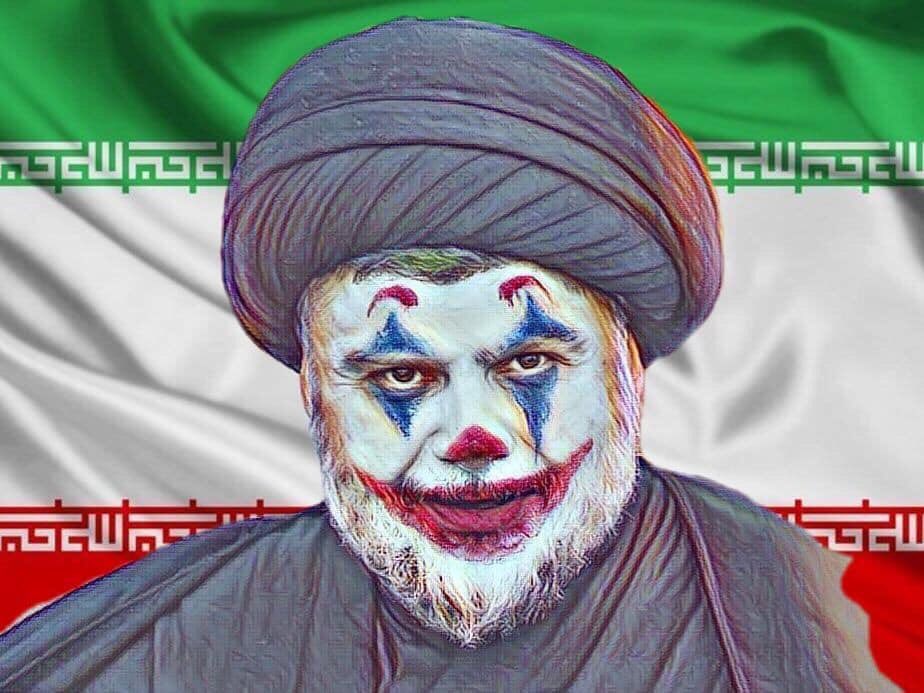Iraq, a country once poised for greatness after the fall of its brutal dictatorship, finds itself once again trapped in a cycle of political failure and stagnation. As you walk through the streets of Baghdad and other cities, the eye is drawn to the cacophony of election banners, each one bearing the weight of grand promises and empty slogans. The people, however, have learned to look past these bright, meaningless colors. They have turned their backs on what has become an all-too-familiar farce, a political theater where the same actors perform a predictable script year after year.
The reality is stark. The country is suffocated by poverty, corruption, and a political class more interested in maintaining its grip on power than in solving the problems that plague the nation. The public’s disillusionment has reached a breaking point. The streets that should be filled with citizens demanding change are instead eerily quiet, with the majority retreating into their homes, leaving behind a stage where the clash of powerful factions echoes in the background, the only sound the infighting and power struggles of Iraq’s political elite.
At the center of this chaos stands the Sadrist Movement, led by Muqtada al-Sadr, a figure whose political theatrics have become a spectacle in their own right. While he once positioned himself as a reformer, Muqtada’s track record has revealed a man whose promises of change are overshadowed by his past—a past stained with violence and corruption. The very movement that once decried the mismanagement of the country has become mired in the same practices it once condemned. The promises of reform have given way to the looting of government ministries and the expansion of personal power, as the Sadrist leadership secures its place in the political establishment.
The Sadrist Movement’s rise to prominence following the so-called “election” — which saw less than 3% of Iraqis participate — is a testament to the fractured state of the country’s political process. Despite the low turnout, Sadrists seized the opportunity to enter parliament, wrapping themselves in the guise of reform and humility, while their actions told a different story. It wasn’t long before the political infighting began to escalate. Nouri al-Maliki, the former prime minister, found himself in Sadr’s crosshairs, signaling the beginning of a bitter rivalry between Sadr and the so-called “loyalists” of Iraq’s Shiite establishment. The political drama that ensued was as predictable as it was destructive, with politicians clashing like bulls in a ring, their personal ambitions taking precedence over the nation’s welfare.
In a cruel twist of fate, Muqtada al-Sadr, the self-proclaimed champion of the Iraqi people, became the architect of his own downfall. His retreat from the public eye, following the failure of his political maneuvering, is nothing more than an escape from the reality of his own shortcomings. But this retreat did not signal the end of his ambitions. Instead, it was merely the prelude to a new chapter of manipulation and power grabs, as he continued to position himself as the voice of the oppressed while consolidating his own power.
This chaotic political landscape has had disastrous consequences for the average Iraqi citizen. Despite the endless rhetoric of change and reform, the country remains mired in corruption, poverty, and sectarianism. The people have become pawns in a game they never chose to play, trapped between the forces of political elites who are more interested in holding onto their power than in addressing the root causes of the country’s woes.
As Iraq’s political theater continues to unfold, the voices of the people grow fainter. The promises of a better future have been drowned out by the actions of those who, under the guise of reform, have only deepened the crisis. The Sadrist Movement, like many before it, has proven that political ambition is often a tool for self-interest, not societal change. The country’s future hangs in the balance, but the road to a better Iraq remains as distant as ever.
In the words of the poet Abdul Razzaq Abdul Wahid, “They make an Iraq that isn’t Iraq.” This is the tragic reality of a nation that has been abandoned by its political class. Iraq’s leaders have failed its people, and until they break free from their own self-interest, the country will remain trapped in a cycle of failure and despair. The people of Iraq deserve better. It’s time for the political elites to answer for their failures.
